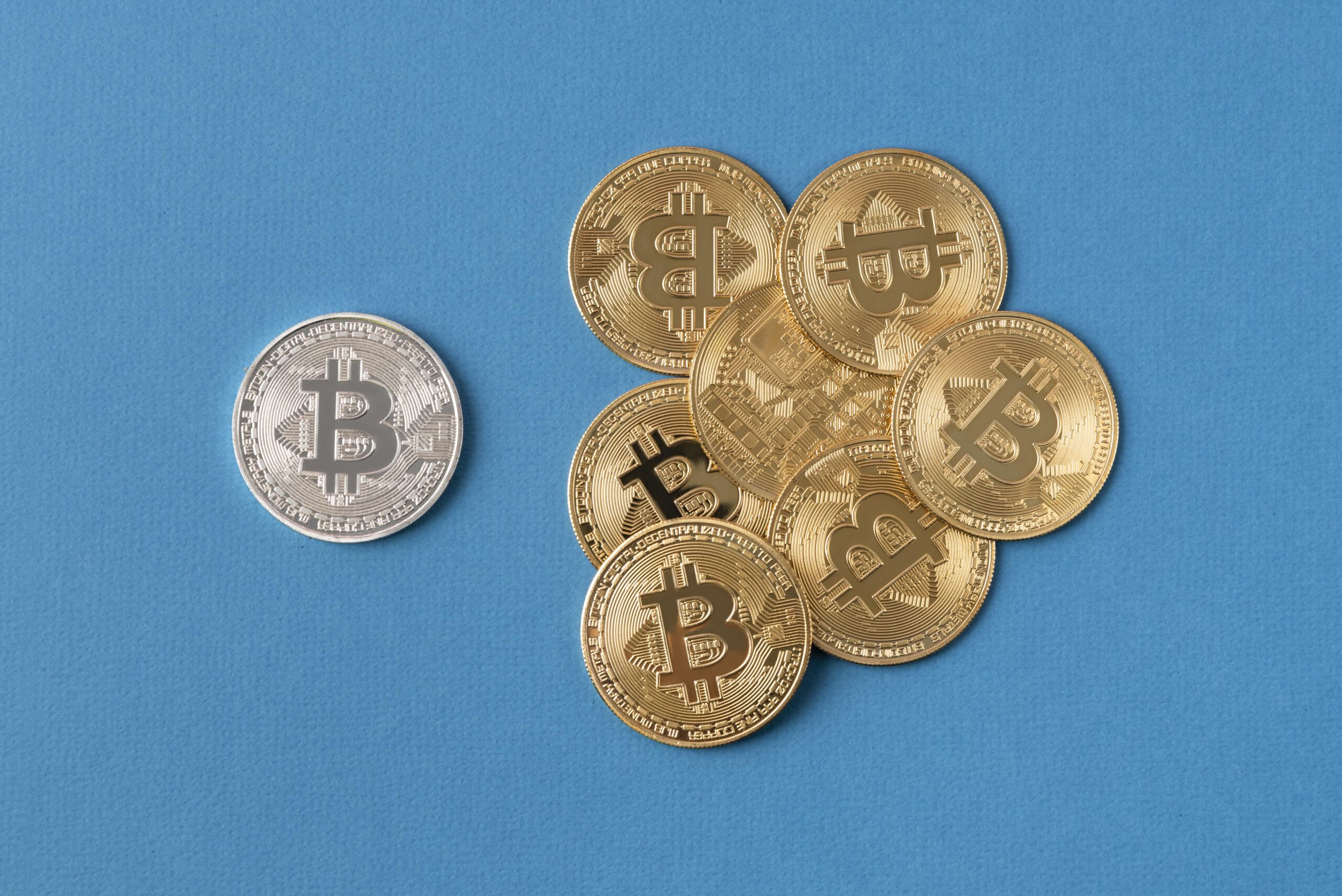A new report from Chainalysis has revealed a 15% drop in global cryptocurrency sales across darknet markets in 2024, with Bitcoin transactions bringing in just over $2 billion. Fraud shops dealing in counterfeit goods accounted for $225 million in inflows. However, Russia’s darknet ecosystem remained an outlier, with crypto sales surging 68%, underscoring a sharp regional divergence in illicit activity.
Kraken Emerges as Russia’s Top-Earning Darknet Market
Russia’s darknet market witnessed unprecedented growth in 2024, driven by the rise of the “Kraken” darknet market. Unrelated to the legitimate Kraken exchange, the market overtook Mega as the top darknet platform, amassing $737 million in on-chain crypto sales by year-end—a 68% increase over the previous year.
Mega’s revenue plummeted by more than 50%, while Blacksprut, another key player, saw its sales decline by 13.6%. Kraken’s rise highlights a growing trend of vendors outsourcing logistics and payments to turnkey service providers like iKlad.biz and Klad.cc, enhancing operational efficiency and anonymity.
Hydra’s Legacy Fuels Kraken’s Expansion
Despite law enforcement crackdowns, Russia’s darknet economy has adapted and evolved. When Hydra Market was dismantled in 2022, its affiliates regrouped under new banners, including Kraken.
In December 2024, Russian courts sentenced Hydra’s founder, Stanislav Moiseyev, to life imprisonment, while 15 associates received prison terms ranging from 8 to 23 years. Meanwhile, U.S. authorities arrested Taiwanese national Rui-Siang Lin in May 2024, accusing him of running Incognito Market, a darknet platform linked to widespread financial crimes.
Darknet Vendors Embrace DeFi for Money Laundering
The Chainalysis report also highlights a significant shift in how darknet vendors launder their crypto earnings. In the past, centralized exchanges (CEXs) were the primary cash-out route, but 2024 saw a notable migration to decentralized finance (DeFi) platforms. DeFi offers more anonymity, fewer regulatory checks, and quicker transaction processing, making it an increasingly attractive method for laundering funds.
Retail-level vendors are holding more assets on-chain, while larger, wholesale operators are opting for DeFi to conduct substantial cash-outs, further complicating tracking efforts for law enforcement.
FAQs:
Q1: What are the emerging trends in the darknet market ecosystem?
Following the collapse of major darknet markets, new models like Telegram-only black markets and consolidated operations have emerged. Haowang Guarantee, for example, processed $27 billion in illicit transactions before being shut down by Telegram in May 2025.
Q2: How is AI being leveraged to detect crypto-related crimes?
Advanced AI tools are now being deployed to identify money laundering schemes in the crypto sector. Lucinity, for instance, uses AI-driven graph analysis to map wallet connections and detect suspicious patterns, helping authorities crack down on sophisticated laundering operations.



